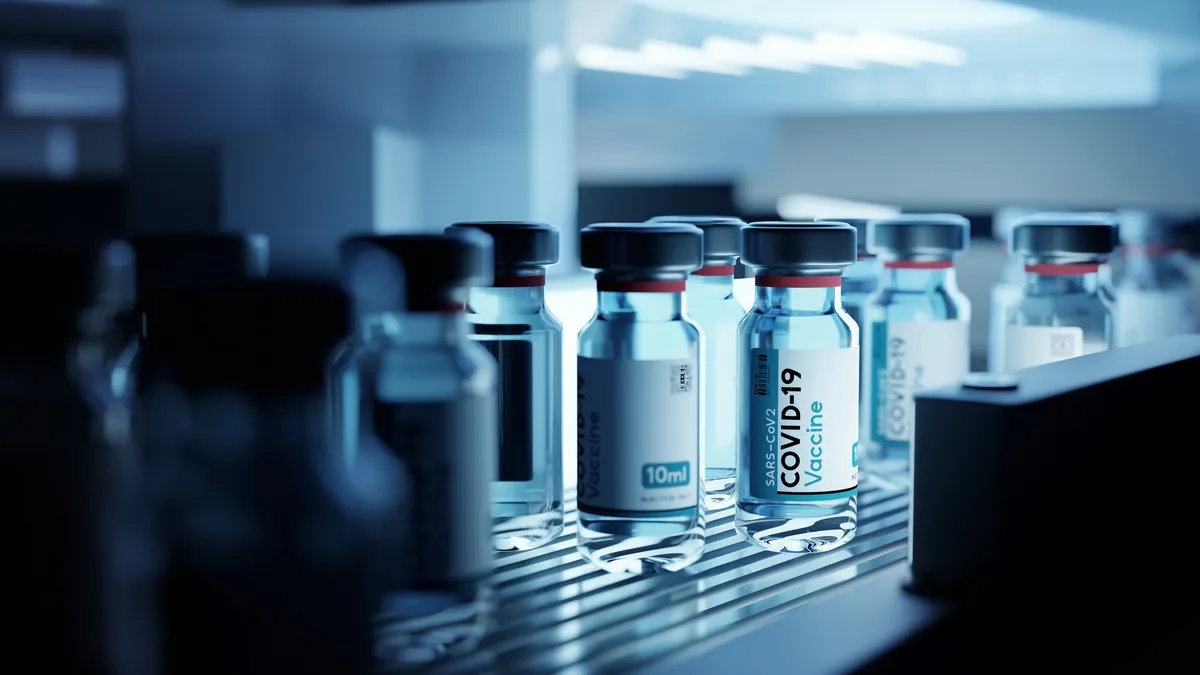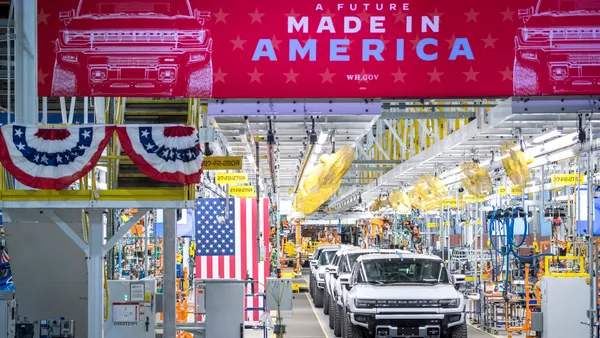Dive Brief:
- Medical device maker Meissner Corporation is set to more than double its U.S. production footprint with a new facility in Georgia, the state announced earlier this month.
- The company, which manufactures advanced filtration and single-use systems to the life sciences industry, is investing nearly $250 million in a site in Winterville, Georgia. It did not disclose what the new facility will produce.
- The site will include cleanrooms, laboratories, research and development and office spaces and is slated to begin operations in 2026.
Dive Insight:
The new site will add to Meissner’s existing operations at its headquarters in Camarillo, California, where it manufactures products used in the development and production of medicines to treat diseases including cancer, heart disease and immune disorders.
The manufacturer caught the eye of federal health agencies during COVID-19, when demand grew for its products to help develop, produce and deploy coronavirus treatments and vaccines.
In 2021, the Department of Health and Human Service’s Biomedical Advanced Research and Development Authority awarded Meissner $13.4 million to boost production capacity for instruments critical to COVID-19 vaccine and therapeutics.
With its second U.S. manufacturing campus, the company plans to create more than 1,700 jobs over the next eight years, hiring for roles including technicians, scientists and engineers, according to the release.
As part of its hiring push, Meissner plans to partner with schools in the University System of Georgia and the Technical College System of Georgia to explore potential internship and collaboration opportunities.
”We are thrilled to embark on this important expansion,” President Christopher Meissner said in a statement. “The State of Georgia, and Athens-Clarke County in particular, is an ideal location with an incredible talent pool and strong geographic position that allows us to serve clients on the East Coast and throughout the world.”
Meissner stands out against several of its competitors, which are scaling back operations amid falling demand, particularly among those supplying COVID-19 related products.












